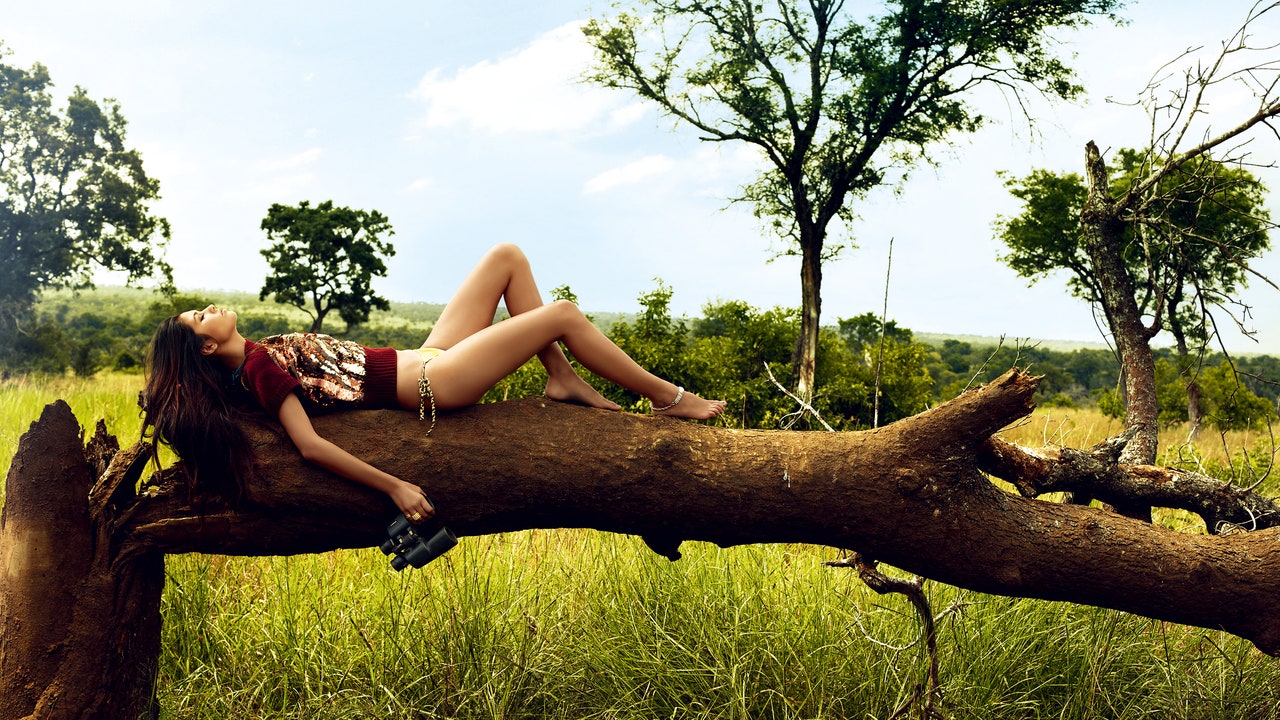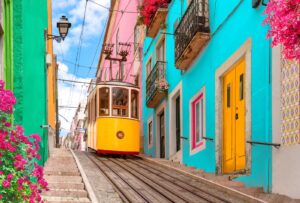What is slow travel—and how can you be a part of the movement?
2 min read
Picture this. You’re living in a hill-top cottage, soaking in the panoramic view from your green balcony. You have no city-hopping to do, no high-end stores to shop at, but you do have a community of locals who introduce you to their homegrown produce and help you gain a truly unique experience during your month-long stay.
If you have an always-on-the-go, busy lifestyle, escaping the cityscape for a while seems ideal. But how often do we actually give ourselves a break, even during a holiday? A 10-day trip to Europe lands us in four nearby countries, and we come back home tired—filled with joy, but tired. And the carbon footprint? Not less than 10 tonnes per person. However, a more sustainable and meaningful approach—slow travel, what you just pictured—has been picking up steam among travellers across the world.
What is slow travel?
“An antithesis to mass tourism, slow travel is an opportunity to re-calibrate the way we travel. Slow travel is intentional, immersive and experience-oriented, embodying #TravelDeeper”, Neeti Mehra, sustainability consultant and founder of BeejLiving, tells us. “It is transformational; we look to forge meaningful connections with the destinations we travel to and the strangers we meet on our journey, while rediscovering ourselves.” In the 1980s, when an international fast-food chain opened in Rome, Italy, a mass protest began against it—in order to preserve the regional cuisine and local farming. What came to be known as the Slow Movement, also gave birth to its offshoot, the concept of slow travel; the kind of tourism that respects local cultures, what they offer, while also being mindful of the environment.
How is it relevant right now?
With the entire travel experience upended thanks to the pandemic, the future of the industry is up in the air. Although flights to a few international destinations have opened up, the question of safety and ‘should we actually travel?’ pops up frequently. So, will tourists be more inclined to travel to popular vacation spots, off-season? Will they be more willing to support local craftspeople during their time of plight?
The norm may witness a change, and people may embrace the attributes of slow travel, even if it’s for a while, in huge numbers. According to Mehra, “The whole travel ecosystem has received a shock—and needs a shot in the arm, and support.”



